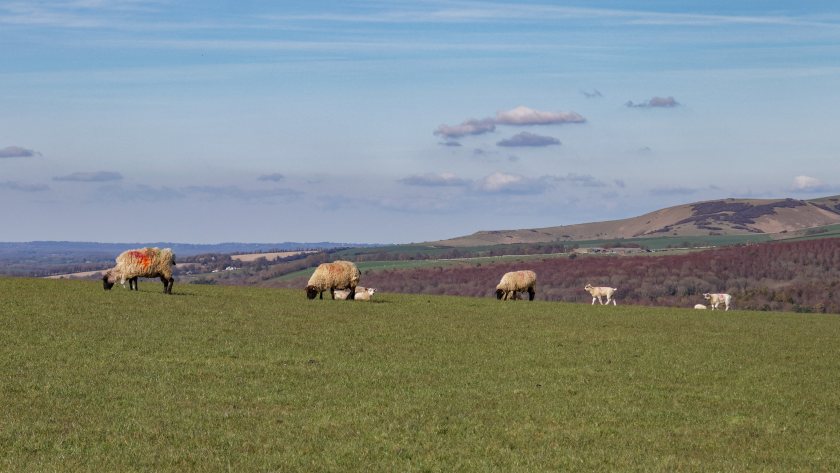
Defra has expanded the bluetongue restricted zone to cover all of Northamptonshire as over 150 farms have now recorded a case of the disease.
Following the identification of more cases, the restricted zone and infected area have been extended, covering 19 counties and one city authority across England.
The zone now covers all of Northamptonshire, Bedfordshire Buckinghamshire, Cambridgeshire, City of Kingston upon Hull, East Riding of Yorkshire and East Sussex.
It also covers Essex, Greater London, Hertfordshire, Kent, Lincolnshire, Norfolk, Nottinghamshire, Suffolk, Surrey and West Sussex, and parts of Hampshire, Berkshire and Leicestershire.
Defra said in its latest update: "Following the identification of a new case in cattle on the Buckinghamshire/Northamptonshire border, the restricted zone was extended on to include all of Northamptonshire."
Two cases of the disease have also been confirmed in Wales in animals imported from England. Wales currently has no restricted or control zones.
Farmers and livestock keepers in England's restricted zone must follow restrictions on animal and germinal product movements.
Susceptible animals cannot be moved out of the zone without a specific licence, and a general licence to move animals to designated abattoirs is also available. Movements within the restricted zone are permitted.
Some farmers have sounded the alarm over price deductions being offered by abattoirs for animals from within the bluetongue restriction zone.
The NFU said the development was 'unacceptable' and called for more fairness in the supply chain.
NFU livestock board chair, David Barton said: “We are incredibly disappointed to hear that some farmers in the restricted zone are being unfairly penalised by having deductions taken from some processors in the supply chain.
“Livestock farmers up and down the country are facing a very difficult time with the threat of the bluetongue virus and they are doing everything they can to limit the spread by adhering to biosecurity measures.
"We will continue to raise our concerns with Defra, that the requirements being imposed on processor is adding costs, but we must see farmers within the RZ are treated fairly.”
It follows the government confirming that all livestock keepers in England can use any of the permitted bluetongue vaccines without applying for a specific licence.
However, it said that farmers must still meet the legally-binding conditions of the general licence for any vaccination activity.
Bluetongue does not affect people or food safety, but outbreaks can result in prolonged animal movement and trade restrictions.
BTV is a notifiable disease. Suspicion of it in animals in England must be reported to the Animal and Plant Health Agency on 03000 200 301.
